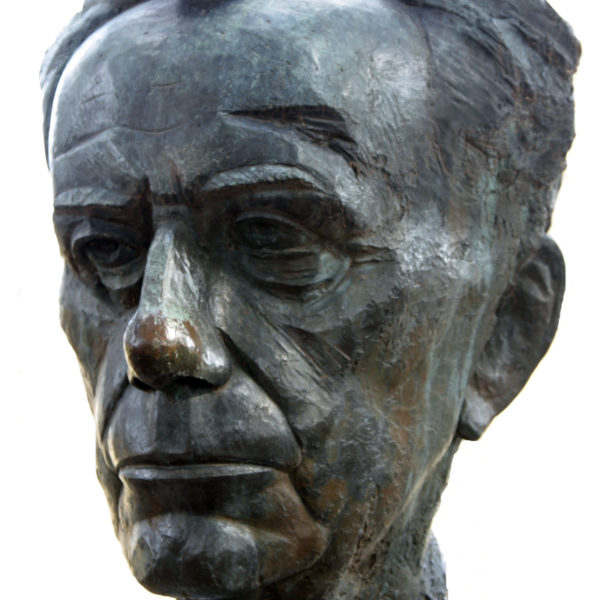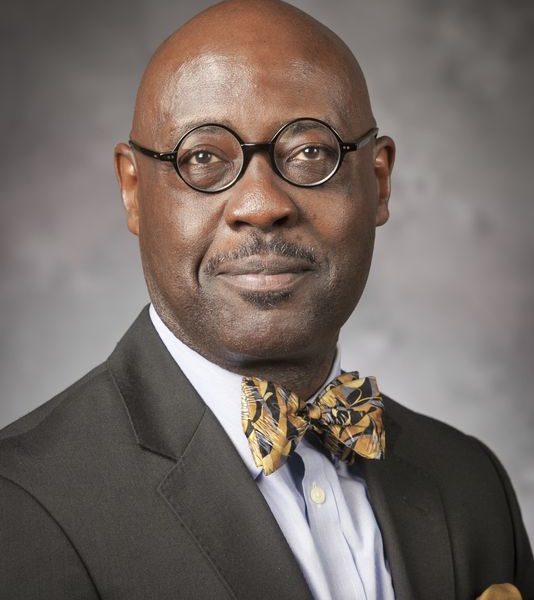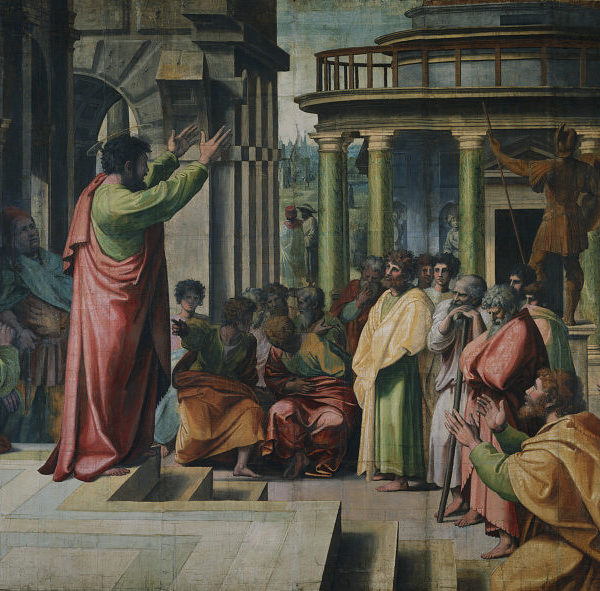
When Paul Tillich’s Theology of Culture hit the shelves of the Anglosphere in 1959, the book seemed to go against the prevailing mood of the time. Wages and living-standards across North America were up as the post-war ‘Keynesian miracle’ took its full effect. While the previous year had seen economic contraction in U.S. output, it was to be a small pause in a seemingly unstoppable advance. Canada and Australia also rode high in the economic league-tables, as the administrations in Ottawa and Canberra saw conditions of near full-employment.

I recently finished reading Willie James Jennings’s earth-shattering book, The Christian Imagination: Theology and the Origins of Race. While Jennings’s primary aim is to drastically reorient our theological approaches to race and racism, his project poses much broader challenges to conventional theological methodology. He insists that traditional western theologians who have rightly been concerned with questions of orthodoxy and intellectual edification have nevertheless failed to recognize how land, language, bodies, and “literary space” informs theological construction and evaluation.
